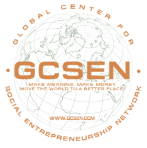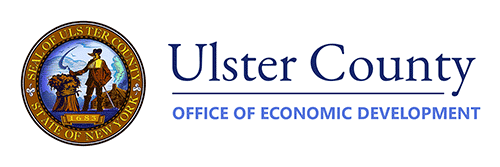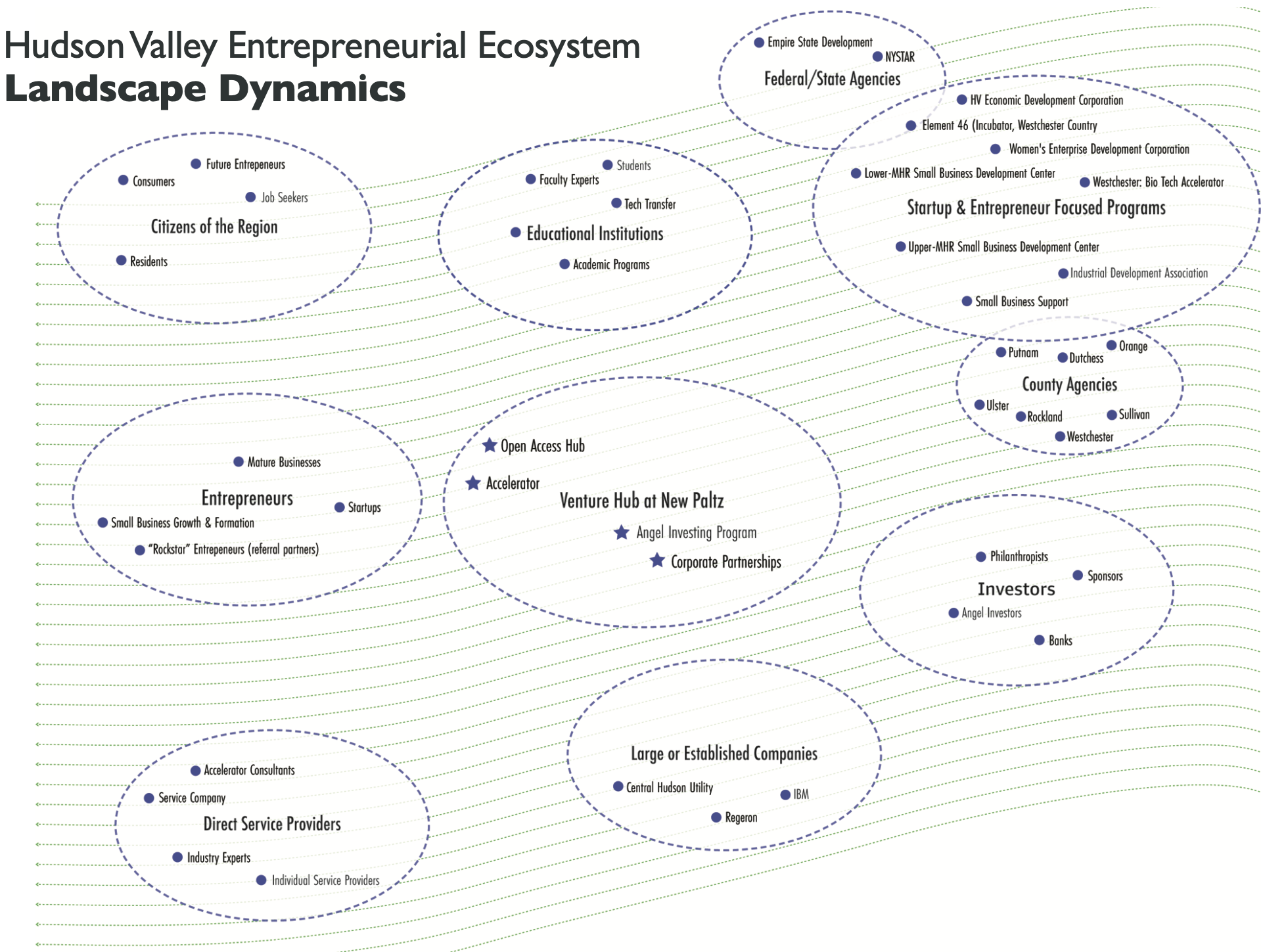June 2019
The June newsletter has a social entrepreneurship theme.
Please forward this newsletter to others so they can Subscribe and enjoy it as well.
Entrepreneurs

If climate change is the existential threat of our time, then ending our addiction to carbon fuels is the solution. SunCommon®, located in Vermont and Rhinebeck, NY seeks to knock down the barriers to clean energy solutions and save customers money in the process. It’s a market solution to climate change, serving the residential, community and commercial customers with solar power to fuel heating & cooling, battery storage, and electric vehicle charging. SunCommon uses business as a force for good, so it’s a social venture structured as a Certified BCorp and as a Public Benefit Corporation.
Our 4P Impact (People, Planet, Place, sustained by Profit).
- People - our employees chose the renewable energy industry as meaningful work where they can make a difference to our communities, our local economies, and our planet. And we care for them with solid pay, generous benefits and joyful workplace culture.
- Planet - we make it affordable for everyone to go solar at no upfront cost and savings over their utility bill. Having served over 6200 homes, schools, and businesses -- we’re building a resilient power system while using our business as a force for good.
- Place – we are committed to “place” by keeping money in the local economy. Whether at our positive-energy facilities in Vermont or in Rhinebeck, we delight in supporting other local businesses and partnering with local organizations.
- Profit - our community-based marketing, inspired by our Ben & Jerry's roots, has resulted in strong market share that drives our profitability (e.g., Vermont market share of 50% of residential solar, and 90% of community solar).
This fun and meaningful work.
For more information, please see our Team Directory.
Investors

Johnny LeHane, Founding Managing Member of the HV Startup Fund on his experience as an angel investor. I became an angel investor to learn about startup investing, to support our local economy and share my entrepreneurial experience with others, ideally improving their chances of early business success. Having bootstrapped my first company,
Through conversations with private equity investors, I learned that my company was in a position to consider outside investment for the first time, and I didn’t know enough about the types of investment capital available to businesses and entrepreneurs. While educating myself, I was introduced to angel investing and a small group, led by Tony DiMarco, looking to start an angel investment fund in the Hudson Valley.
Angel investment funds bring together dozens of accredited investors to pool their funds and make their investment decisions together. (Accredited investors are defined as having a minimum combined annual household income of $250K, and/or liquidity of at least $1M.) Member funds, like the Hudson Valley Startup Fund (HVSF) are perfect for folks like me, looking to learn about this type of investing and diversify a relatively modest investment across several startups. While I am an accredited investor, I have limited funds to invest in individual high-risk endeavors. Financial professionals recommend limiting your exposure to the high-risk nature of angel investing to less than five percent of your portfolio.
As with any investment, the first step is self-education. While helping to launch HVSF, I first familiarized myself with term sheets and typical investment vehicles, including convertible debt notes, SAFE notes, and direct equity investment. Alongside other fund members, I have been introduced to hundreds of startups across a variety of industries, and collaborate with dozens of smart, experienced and successful businessmen and women as entrepreneurs and co-investors inside and outside of the fund. Through this process, HVSF members have also learned how to identify businesses that have a greater opportunity for success as well as how to conduct comprehensive due diligence to fully understand the risks of each opportunity.
The other HVSF member investors and I are looking for startups in the region that have a strong founding team, are solving a critical problem for their customers, and have an opportunity to scale to tens of millions in annual revenue in the next 5 to 10 years.
For more information about HVSF or angel investing, please contact info@hvstartupfund.com
Leaders

Our accelerator is focused on building regional resilience through social ventures that are creating innovative manufactured products that enable a local economy to be self-sufficient in the development of life essential goods. Life essential goods include areas such as food, clothing, shelter, utilities, medical, transportation, and entertainment.
Our Regional Resilience Accelerator has the unique ability to accelerate product innovation through manufactured production prototyping in partnership with Fala Technologies.
Our accelerator is consulting with a nationally ranked accelerator, gener8tor, to design this program with a concierge approach of working with just five startups per cohort. Each startup will receive an investment of $100K and a concierge experience during the 12-week Regional Resilience Accelerator program.
For more information, please contact Mike Caslin, Founder
Service Providers

Jonathan S. Berck, LLC, is a commercial law firm based in Beacon, NY, offering a broad array of services to startups and companies in the early stages of growth. The firm has worked with domestic and international companies in many industries, helping them develop a road map through the legal issues essential to establishing a new enterprise, be it an LLC, a C corporation, or a B Corp or similar entity emphasizing social goals.
The firm’s philosophy is that a little planning upfront will help avoid trouble later: the right corporate form for the company will help raise money while keeping managerial control; protecting IP at the outset will keep you from trying to close the barn door after the horse has escaped; getting employment agreements right will prevent rogue employees from becoming competitors; securing your supply and distribution chain is essential for sales. And so forth. The firm’s breadth of experience in counseling the largest and smallest clients at home and abroad means that the legal and business acumen acquired during 30 years of practice can be put to work for you.
SOCIALLY-CONSCIOUS COMPANIES: Many companies are now interested in obtaining the privately-awarded B Corp Certification, recognizing social and environmental performance. Complying with the B Corp standards is accomplished largely through revision of the company’s corporate documents. A similar legal entity called a “benefit corporation”, providing many of the same benefits in a legally-binding form, exists in many states including New York and Delaware; the firm can assist with that too.
Jonathan S. Berck is located in Beacon, NY. For more information please call (845) 335-7026 or email law@jsberck.com.

Before Silicon Valley, the HV

By Donald J. Delaney
Before Twitter, there was Samuel Morse, a Hudson Valley entrepreneurial icon. In 1825, Morse received word by horseback courier of his wife Lucretia’s untimely death weeks after she was buried. Grieving her death and the long delay in communication, Morse envisioned a form of ‘instant messaging’. At that moment, Morse became a passionate and accidental entrepreneur.
Before Entrepreneurship – Samuel Morse
Morse’s path to becoming an entrepreneurial icon started early. Morse’s Calvinist pastor and geographer father mapped out young Samuel’s future. Morse’s passion, vision, and talents took him on a different path, fine art painting. While at Yale training to be a painter, his curiosity led him to learn science. Out in the world, he launched his career offering European Old-World paintings. Low sales called for flexibility and a pivot into portrait painting to survive. Success and access to building strategic relationships flowed. Following the death of his wife, with resilience, he redirected his career to invent a product solution that filled a gap in the market – instant messaging. His planning, resourcefulness and sales abilities supported building businesses. Samuel Morse – Entrepreneur, Inventor, Painter, Philanthropist.
Before the telegraph - Samuel Morse’s super connector
Samuel Morse and the character Forrest Gump share a superpower – connecting. Morse was a master at connections: ideas, people, information, and technology. His passion problem, long-distance rapid communication lived in his head until a chance conversation on a ship with Charles Thomas Jackson, an electromagnetic researcher from Boston. That connection was the critical connection to sending electronic messages long distances via Morse Code language. A cascade of connections and inventions followed. Connections to prior failed trials and technology, the telegraph key, Morse Code, investors, U.S. government support and an all-import patent.
And, all of these breakthroughs led Samuel Morse to have the wealth to purchase the Locust Grove Estate on Route 9 in Poughkeepsie. It also led to the invention of computer coding. Stay tuned for Part II in our July newsletter – Before Computer Coding, the Morse Code.
This Before the Silicon Valley, the Hudson Valley blog offers a 400-year narrative journey honoring the Icons of Entrepreneurship and their impact on invention, innovation, and commercialization in the Hudson Valley.
Contact welcome: Donald J. Delaney, HV Entrepreneurship Historian & Blog Writer for the HV Venture Hub. You can reach Don at don@dondelaney.com
© Donald J. Delaney 2019
Events
- June 10 (Kingston): Hudson Valley Women in Business monthly meeting - an evening for women at every stage of business ownership to lean on and learn from each other
- June 12 (Valhalla): Microbiome Conference - a conference on the microbiome with presentations from the forefront of basic research, clinical practice and the evolving industry
- June 17 - June 21 (Newburgh): The ENE International Festival and Green Tech Conference, established by Robert Fontaine, in Newburgh, NY, celebrates the independent film, music, and green technology industries.
- June 12 - September 4 (NJ): Capacity Business Accelerator - a 12 week concentrated accelerator program designed to launch startup companies or accelerate early-stage businesses, weekly ride available.
- June 26 (Kingston): HVWiB x HV Tech June meet-up - the second partnership between Hudson Valley Tech Meetup and Hudson Valley Women in Business. Open to all
- June - August - Strategies for Running a Successful Business - a series of short courses over this summer at SUNY Westchester
- October 11: Hudson Valley Tech Festival is now accepting speakers. Call for Speakers
Newsletter Archive: | March 2019 | April 2019 | May 2019 | June 2019 | July 2019 | August 2019 | September 2019 | October 2019 | November 2019 | January 2020 | February 2020 | March 2020 | April 2020 | May 2020 | June 2020 | July 2020 | August 2020 | September 2020 | October 2020 | November 2020 | February 2021 | March 2021 | April 2021 | May 2021 | June 2021 | July 2021 | August 2021 | September 2021 | October 2021 | November 2021 | December 2021 | January 2022 | February 2022 | March 2022 | July 2022 | August 2022 | February 2023







